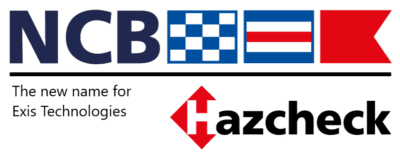Container Lines CINS network goes live – Port Technology

CINSnet, a database set up by five of the world’s biggest container lines to share information on cargo related incidents, is going live after successfully completing its pilot stage.
CINSnet has been funded by the Cargo Incident Notification System (CINS) organisation, a collaboration which began in November 2010 between CMA-CGM, Evergreen, Hapag Lloyd, Maersk Line and Mediterranean Shipping Company.
Carriers and ship operators from across the maritime industry are now being invited to join as members of the organisation, to work together and as such trying to reduce the number of accidents caused by problems including poorly stowed cargo, incorrect packaging or inaccurate weight declaration.
The objective of the CINS organisation is to highlight risks posed by certain cargoes and/or packing failures in order to improve safety in liner shipping industry. This is done by capturing and analysing information within the CINSnet database, looking for specific incidents which may require immediate action or assessing incident trends. Once areas of concern become apparent they can be addressed to relevant authorities to formulate appropriate recommendations or advice, such as amendments to the IMDG Code. This may include advice on training issues on the packing and securing of cargo in containers. The main components of CINSnet are incident/ bulletin reporting and searching.
“The original idea was to focus on hazardous freight, but the CINSnet will now cover all incidents that involve cargoes.” according to CINS Organisation chairman Dirk Vande Velde (MSC Corporate Manager for Chemical Transports and Director Environmental and Social Business Affairs).
“Rather than restrict the aims of CINSnet, the founder members have decided to let the scheme evolve in whatever direction seems appropriate. Eventually membership could even be extended to the non-container sectors, with interest already expressed by some bulker and ro-ro ship operators who can also see the benefit of CINSnet as a valuable risk management tool,” added Vande Velde.
“For any clear pattern emerging that could require regulatory intervention, the lines will now have the hard facts to support their claims and no longer have to rely on anecdotal evidence when presenting their case. CINS members anticipate that, over time, the database will also reveal how widespread unsafe practices are in the industry. Information which can be used to press for better advice and training, as well as legislative changes,” the chairman concluded.
The CINS organisation selected Exis Technologies to develop the CINSnet database, report processing and network functionality that drives the CINS initiative. The CINSnet pilot system was delivered to CINS in July after 3 months of development and programming.








